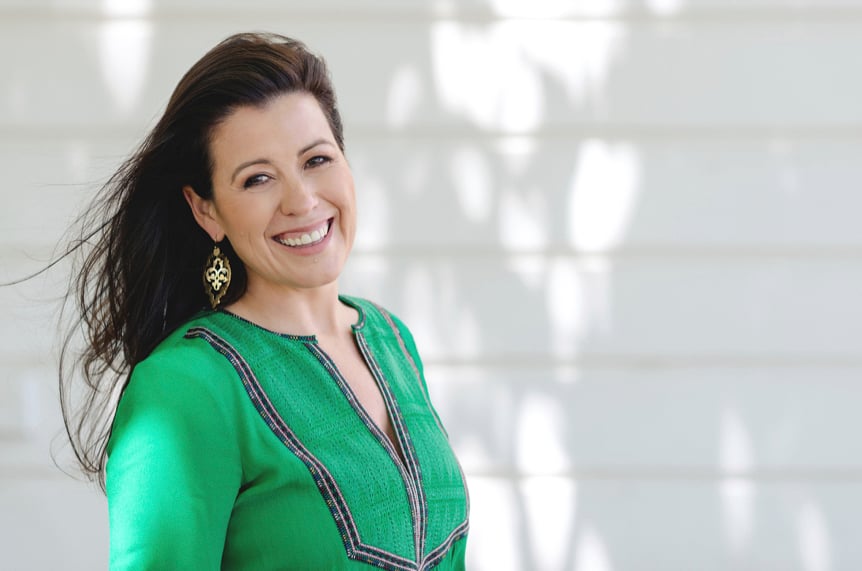I pride myself on seeing things through, my word is part of who I am, so when I say I’m going to do something, I follow through. However, I have a confession to make, I recently quit what could be perceived as one of the most amazing opportunities I’ve had.
Antler is a technology accelerator, they chose me and a phenomenal peer group of 70 extremely bright humans to become the next wave of tech entrepreneurs in Australia. Eight weeks in a room, creating ideas, sprinting to validate them and learning from one another. A $100,000 dangling carrot at the end to take a great idea to the next stage and share it with venture capitalists for longer-term investment.
I went in with the human business that I had spent four years evolving and a mission to positively impact the lives of others at scale. My intention was to take the learnings of our Intentional Adaptability Assessment and educational programs and use technology to take it to a broader global audience.
Whilst in Antler I learnt so much about the tech-based learning market and where it was heading. The opportunity in education is huge, did you know $200 billion is spent in the United States alone on corporate learning? Interestingly, less than 10% of that investment is transferred into on the job skill.
With the size of the prize so big, there are some really interesting tech tools available to improve online learning. Take a look at Gamelearn who use gamification to teach valuable skills or BetterUp or Fifteen5 who are providing online coaching and performance management. There is also a push towards Personal Learning Clouds where learners can cherry-pick their learning experience and companies can track their progression.
The more time I spent exploring online learning the more I realised it went against the grain of what we were creating at BKindred. So many of my customers have told me of their huge investment in online learning and how it doesn’t stick. Equally, our greatest feedback when we run programs is always that the human element of connecting around a shared pain point and working it through is what people love. Especially in a world where human connection is on the decline and so many of us feel alone. I came to realise that the human element of what we do is our greatest point of difference. I also firmly believe that in the coming years we will see a huge shift back towards human-based businesses as we start to long for the things that tech just can’t replace…human beings.
So, after five weeks of trying to create a tech product, it became very clear to me that I didn’t want a tech business. I wanted a human business that would be amplified by technology, which would mean that my business model would always have a strong capital component in people.
The things I love about my work are human interaction, being fully present in the learning experience and watching people’s faces light up as they make a personal transformation. Whilst this is what I want, I came to the realisation that this type of business was not a fit with the Antler program, nor would it be appealing to tech venture capitalists, which is completely understandable.
After days of soul searching and battling a heavy internal resistance about quitting, failing even, I decided to walk away from Antler. I wanted to create the space for me to continue my research and educational program development in a way that is true to who I am and the things that I value most. I am extremely grateful to the team at Antler for the opportunity, the amazing learning and the 70 Rockstars I now call friends.
The greatest learning in this whole experience has been accepting that quitting is totally OK when it is linked to what truly matters to you.
Antler is doing great things it just wasn’t a fit for who I am and the dream I have for my business.




















Trending
Daily startup news and insights, delivered to your inbox.